Audubon Observer, March 2019
|
|
||||
| MARCH 2019 | ||||
|
10 EASY WAYS TO BE "BIRD FRIENDLY"
2. Reduce or eliminate pesticide use. Pesticides are poisons that are designed to kill all insects that come into contact with them, including the bees that pollinate our plants, and other insects that are a vital food source for many birds. 3. Install bird feeders to enhance your birdscaping. Give birds a boost during winter and migration by offering black oil sunflower seeds, suet, and other high-energy foods. 4. Create a water feature on your property. Birds get thirsty, too! A small birdbath, fountain, or pond can quench a bird’s thirst. Birds need water in the winter, too, so make sure you give them fresh water year-round. 5. Put up birdhouses to encourage nesting. Many birds nest in cavities, but as our communities become more developed, natural holes in old trees are few and far between. Download FREE birdhouse plans at nestwatch.org. 6. Make your windows “bird safe.” Up to one billion birds die each year in the United States when they hit glass windows, walls, and other structures, making this threat one of the most costly to bird populations. Apply decals to your windows to break up reflections so birds can “see” the windows and avoid them! 7. Keep your cats indoors. Predation by domestic cats is the number-one direct, human-caused threat to birds in the United States and Canada. In the United States alone, outdoor cats kill approximately 2.4 billion birds every year. Not only will keeping your cat inside help protect birds, but it will also keep your cat safe from threats from other wildlife, car collisions, and other dangers. 8. Switch to shade-grown coffee. Each cup of shade-grown coffee preserves roughly two square feet of rainforest, critically important habitat for a huge number of migratory birds as well as endemic species. 9. Become a citizen scientist. Your observations help scientists understand a changing world. Track your work on eBird.org. Every sighting matters - contribute yours! eBird tallies your sightings and archives your photos and sounds—all for free. 10. Join the Duval Audubon Society. Our mission is to connect people with nature through the enjoyment of birds and other wildlife in Duval, Clay, and Nassau Counties. Our primary focus is on the preservation of a diversity of species and habitats, through education, conservation, environmental leadership and community involvement. We offer a variety of field trips, programs and volunteer opportunities that are open for anyone to attend. Join online at duvalaudubon.org. FWC WORKING TO STOP ILLEGAL BIRD TRAFFICKING
In response to this threat to Florida's wild birds, FWC is proposing a new rule that would regulate the use, placement, possession, and transport of bird traps, while allowing for legitimate uses like avian research. Previously, FWC officers have only been able to prosecute when traps were found with the trapped birds actually still inside, but the new rule would allow officers to confiscate empty traps they find in the wild and build a case based on that evidence, giving them more leeway in prosecuting illegal bird trafficking operations. Duval Audubon Society supports this new rule as it will provide more protections for our native songbirds, many of which are already imperiled by pollution, habitat loss due to development, and climate change impacts. FWC will vote on the proposed rule at their May 2019 meeting, but we encourage you to provide feedback via email at Imperiled@MyFWC.com. TOOLS STILL NEEDED FOR CROSBY SANCTUARY
However, we do need more tools. Please consider donating your spare (working) yard tools to Duval Audubon Society. Needed are: hand saws, chain saw, edgers, trimmers, shovels, rakes, axes/hatches, gloves and almost any other useful yard tools. Please note: there is no electricity, so we cannot use electric tools unless also battery-operated. To donate: bring your tools to Crosby Sanctuary on an upcoming Crosby bird walk/workday (next ones: March 23 and April 27); bring your tools to an upcoming program (next ones: March 11 and April 15) or field trip where they will be passed on to Sanctuary Manager Pete Johnson; or, contact any Duval Audubon Society board member who will arrange for the tools to be collected. Thank you for your support! UPCOMING EVENTS Click the event for more info!
We hope you will join us at an upcoming field trip or program soon! Check out our calendar of events to see what's coming up, and follow us on Facebook, Meetup, and Instagram! JOIN OUR TEAM!
If you would like to join our board to help our chapter achieve its mission of connecting people with nature, please contact chapter president Jody Willis at jody_willis@comcast.net. Duval Audubon Society, Inc. www.duvalaudubon.org |
||||

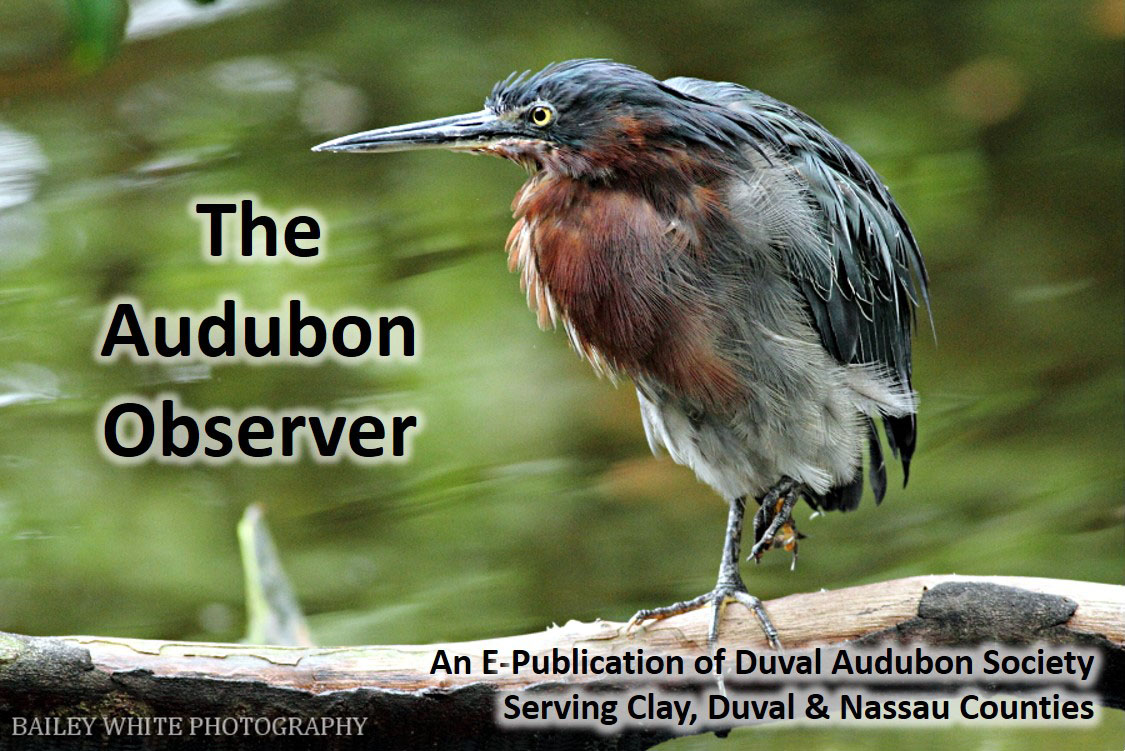
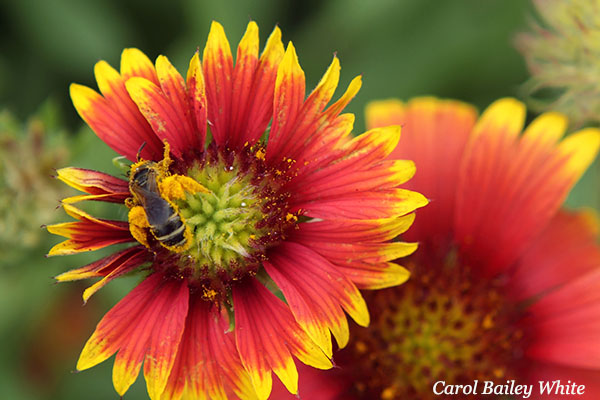 1. Plant natives in your yard. Native plants support birds (and butterflies and bees, too!) by providing food, shelter, and nesting sites as well as stopover habitat during migration. Native plants also need far less fertilizer and water than their non-native counterparts, reducing your costs!
1. Plant natives in your yard. Native plants support birds (and butterflies and bees, too!) by providing food, shelter, and nesting sites as well as stopover habitat during migration. Native plants also need far less fertilizer and water than their non-native counterparts, reducing your costs!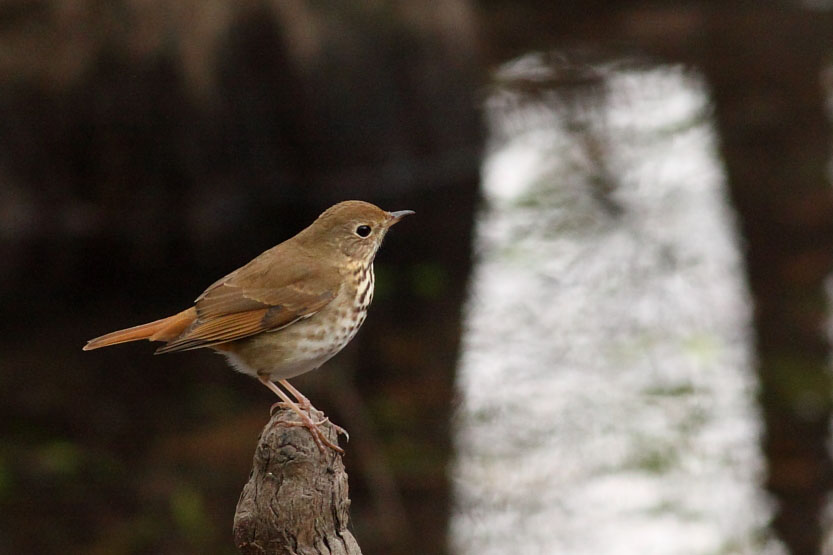 The Florida Fish and Wildlife Conservation Commission (FWC) has noted a recent increase in illegal bird trafficking for the pet industry, especially in south Florida, where trapping is believed to be widespread. The damage to Florida's wild birds is immense. FWC's website states: "Birds are lost from the wild population and, in many cases, are seriously mistreated, as birds are killed or injured when illegally trapped."
The Florida Fish and Wildlife Conservation Commission (FWC) has noted a recent increase in illegal bird trafficking for the pet industry, especially in south Florida, where trapping is believed to be widespread. The damage to Florida's wild birds is immense. FWC's website states: "Birds are lost from the wild population and, in many cases, are seriously mistreated, as birds are killed or injured when illegally trapped."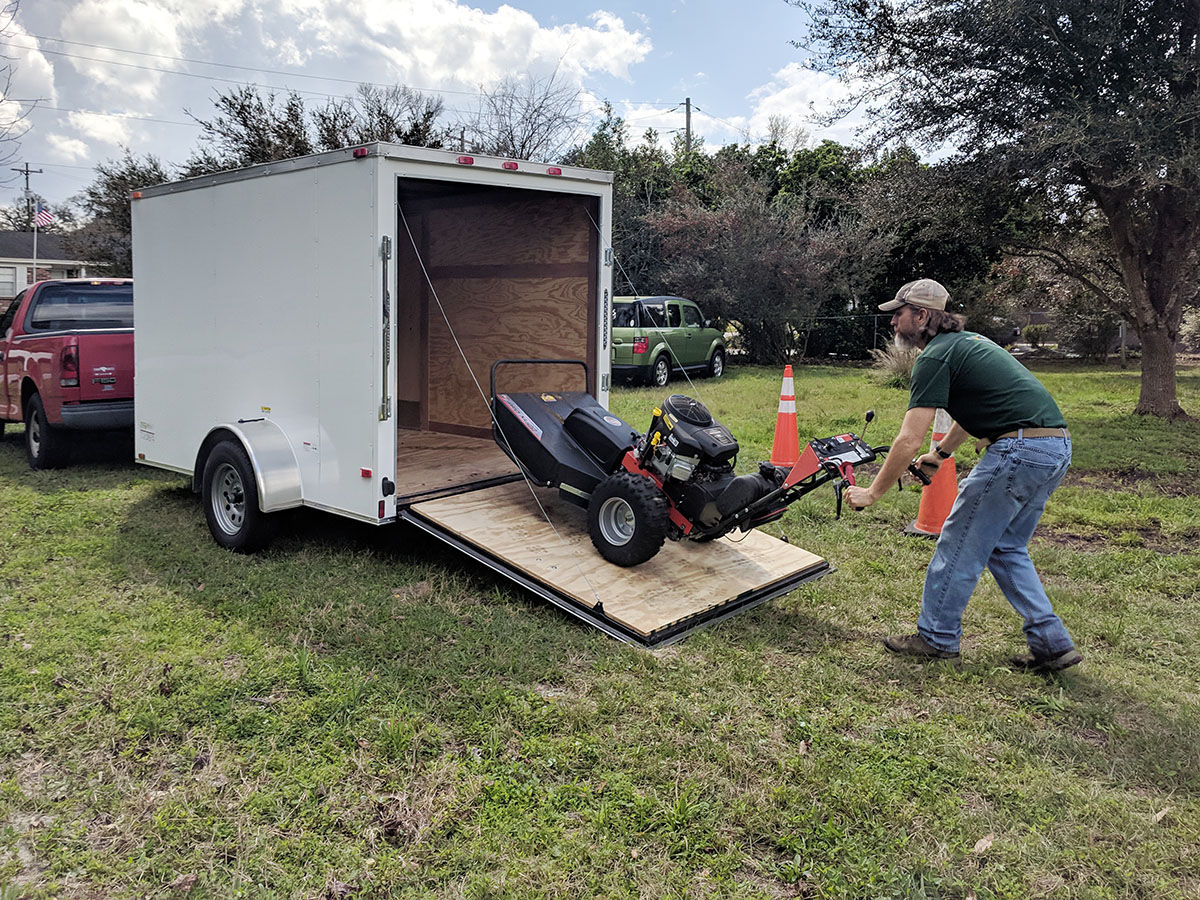 Thanks to your support, we now have a brush mower and trailer for use in maintaining Crosby Sanctuary. This will make a huge difference in our ability to maintain access and make improvements at the sanctuary.
Thanks to your support, we now have a brush mower and trailer for use in maintaining Crosby Sanctuary. This will make a huge difference in our ability to maintain access and make improvements at the sanctuary.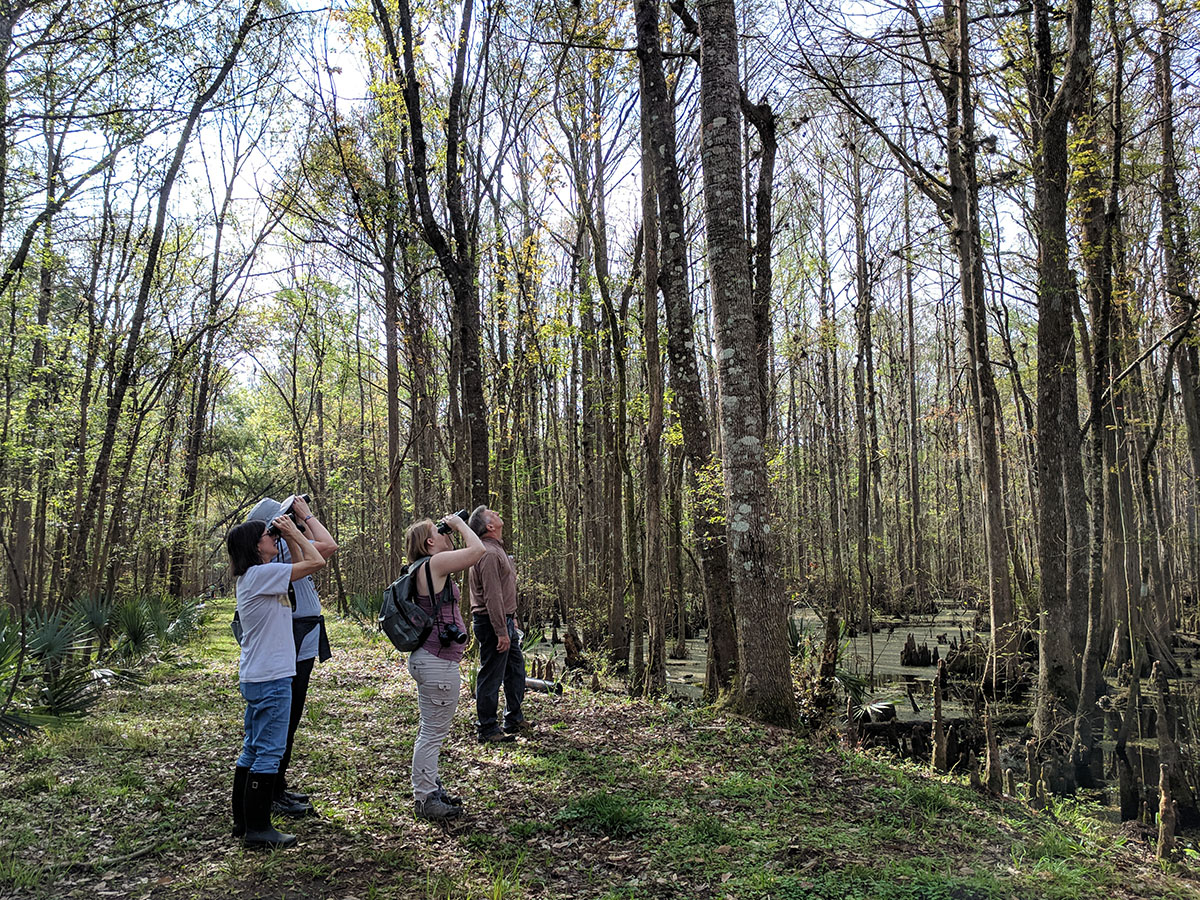 Duval Audubon Society is an all-volunteer organization operated by a Board of Directors who manage the day-do-day business of running a chapter of the National Audubon Society. Current board openings include: Clay County Conservation Chair, Education Chair, and Volunteer Chair.
Duval Audubon Society is an all-volunteer organization operated by a Board of Directors who manage the day-do-day business of running a chapter of the National Audubon Society. Current board openings include: Clay County Conservation Chair, Education Chair, and Volunteer Chair.